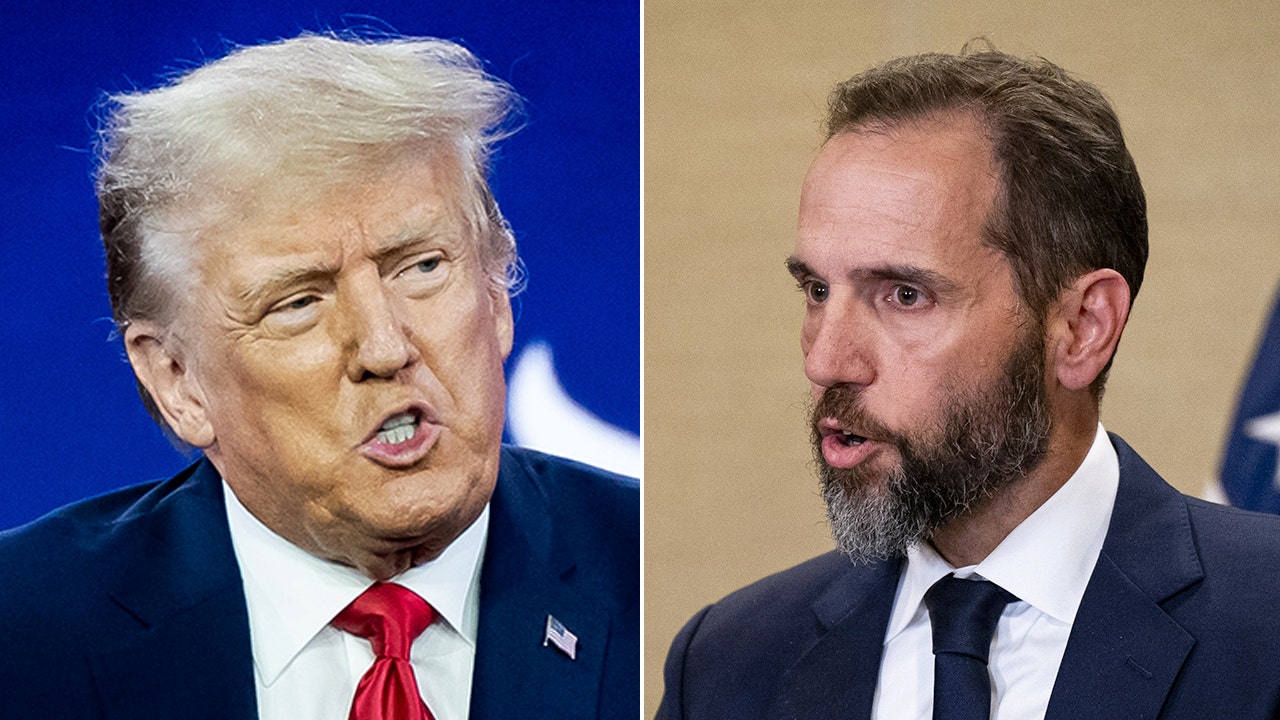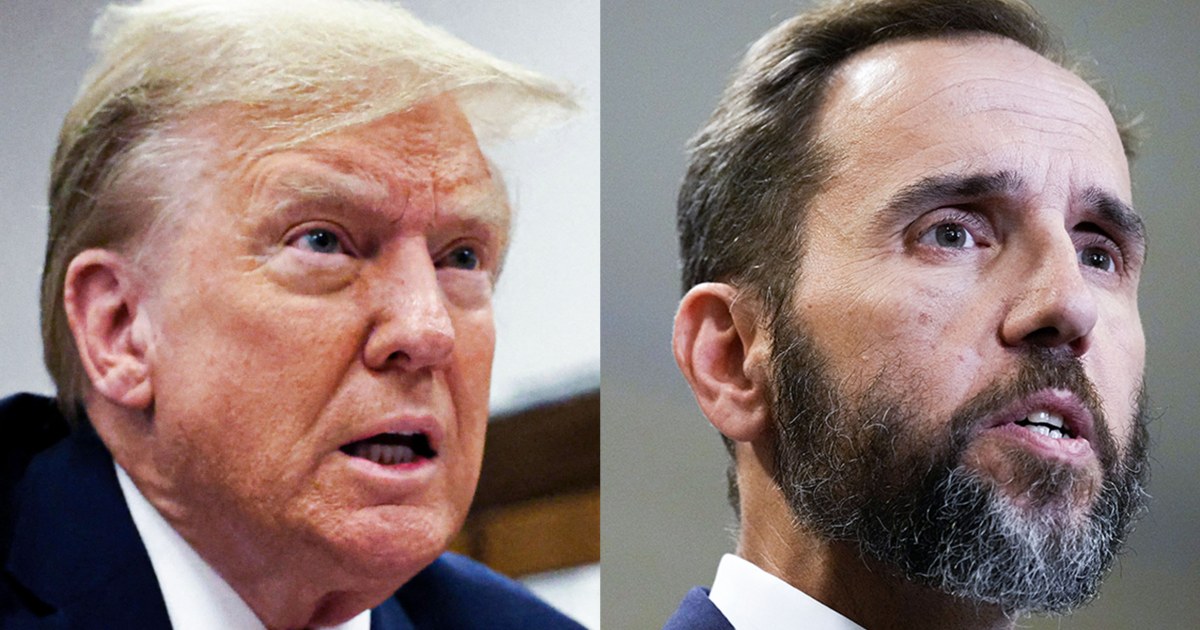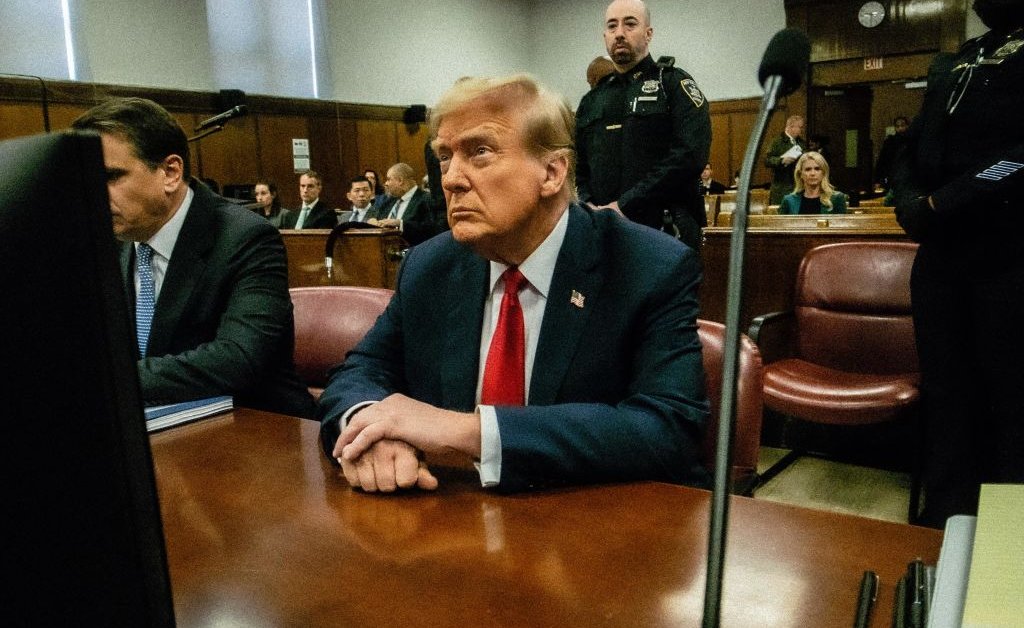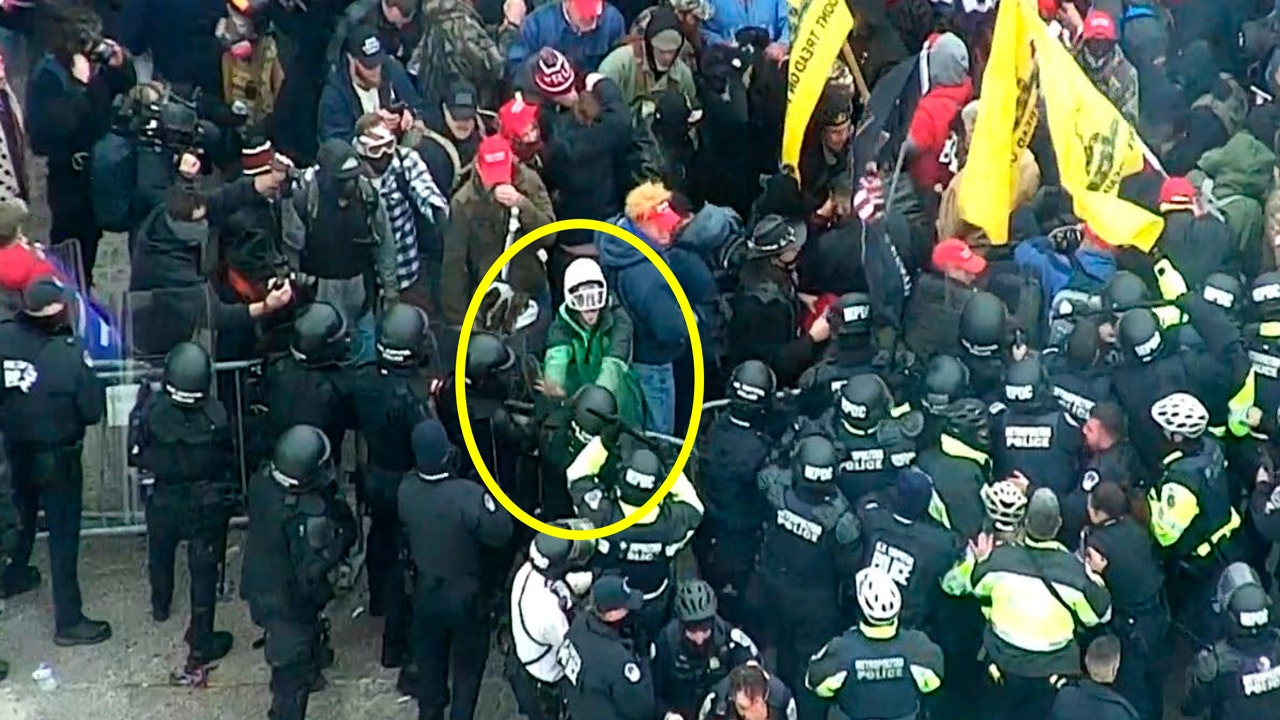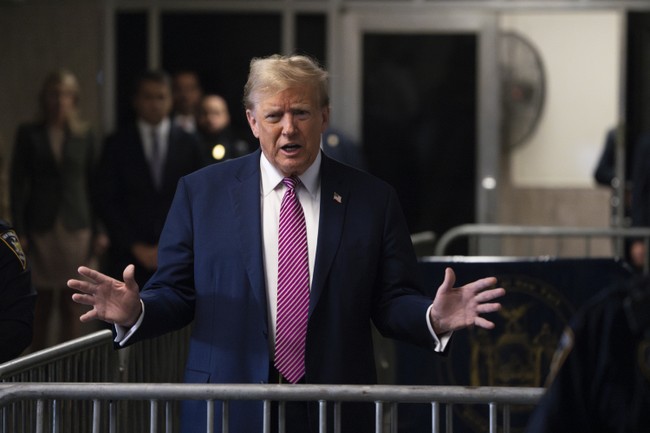SCOTUS Hears Arguments Over Trump's Immunity Claim

The Facts
The US Supreme Court (SCOTUS) on Thursday heard arguments over former Pres. Donald Trump's claims to immunity for acts carried out while in office, with Chief Justice John Roberts among the justices who suggested the case could be sent back to a lower court.
If Trump, the presumptive Republican nominee for the 2024 presidential election, is granted immunity, special counsel Jack Smith's prosecution of Trump for allegedly conspiring to overturn Pres. Joe Biden's 2020 presidential election win would end.
The Spin
Anti-Trump narrative
The conservative justices seemed to be stretching to find ways they could grant Trump some immunity or reasons to bump this case back to the lower court. Either choice would be a victory for the former president because — as in all his criminal cases — Trump's goal is to delay all trials until he might be elected or inaugurated as president and can quash them all.
Pro-Trump narrative
This isn't about delaying this case, it's about making sure a president has the necessary freedom to act without fear of prosecution. It's easy for any prosecutor to obtain an indictment, and the US system can't rely on all prosecutors acting in good faith. There may need to be a test to determine which acts by a president are personal or official — which is one thing that might be better settled by a lower court.
